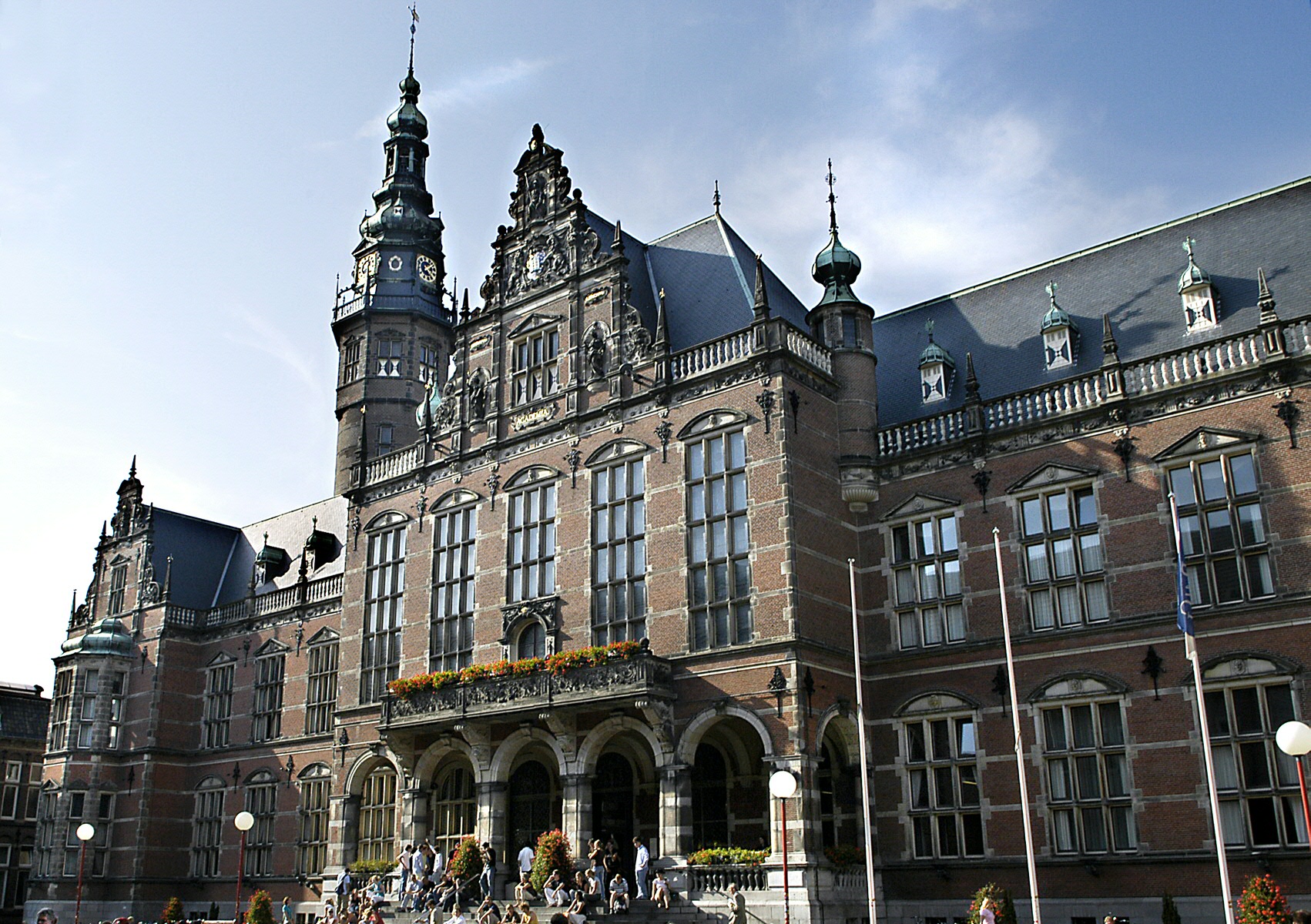Miljoenenpremies naar vier Groningse toponderzoekers

Vier Groningse RUG-wetenschappers krijgen ieder anderhalf miljoen euro om de komende vijf jaar onderzoek te doen en een onderzoeksgroep op te bouwen. Zij ontvangen een Vici-beurs uit de Vernieuwingsimpuls van NWO. Vici is een van de grootste persoonsgebonden wetenschappelijke premies van Nederland.
NWO selecteert de Vici-laureaten op basis van de kwaliteit van de onderzoeker, het innovatief karakter en wetenschappelijke impact van het onderzoeksvoorstel en kennisbenutting. Vici is bestemd voor ‘excellente, ervaren onderzoekers die met succes een vernieuwende onderzoekslijn hebben ontwikkeld en daarmee een vooraanstaande positie innemen op nationaal en internationaal niveau’, aldus NWO. In totaal zijn er 35 Vici’s toegekend.
De Groningse Vici-laureaten en hun voorstel:

De ware aard van zwarte gaten doorgronden met behulp van zwaartekrachtsgolven
Prof. dr. Chris van den Broeck (Van Swinderen Institute, Faculty of Science and Engineering, tevens werkzaam bij Nikhef):
Zwaartekrachtsgolven - rimpelingen in de structuur van de ruimtetijd - kunnen eindelijk worden waargenomen. Van den Broeck zal deze gebruiken om de ware aard van zwarte gaten bloot te leggen, en te zoeken naar nieuwe soorten compacte sterren, om zo ons begrip van de zwaartekracht uit te diepen op het meest fundamentele niveau.

Nieuwe chemische reacties dankzij Lewiszuren
Prof. dr. Syuzanna Harutyunyan (Stratingh Institute of Chemistry, Faculty of Science and Engineering)
Lewiszuren kunnen gebruikt worden om inactieve moleculen chemisch te activeren, of juist om selectief reactieve groepen te blokkeren en de uitkomst van reacties te sturen. Door dit concept te combineren met koperkatalyse gaan Harutyunyan en haar team efficiënte en milieuvriendelijke alternatieven ontwikkelen voor bestaande chemische processen voor de productie van farmaceutisch relevante stoffen.
Lees meer
- KNCV Gouden Medaille 2016 voor Syuzanna Harutyunyan
- Coole combinatie verbindt koolstofatomen

Farmacologische manipulatie van ER-stress in vette leverziekte
Prof. dr. Johan Jonker (UMCG, Medical Biology)
Cellulaire stress veroorzaakt door overgewicht en vetophoping in de lever kan via de activatie van de ‘Unfolded Protein Response’ in het endoplasmatisch reticulum (UPRER) verminderd worden. Jonker en zijn team gaan de rol en ‘druggability’ van UPRER componenten identificeren en hun potentiële bruikbaarheid in de behandeling van niet - alcoholische leververvetting onderzoeken.

Het gereedmaken van grafeen voor toepassingen
Prof. dr. Meike Stöhr (Zernike Institute for Advanced Materials, Faculty of Science and Engineering)
Grafeen is door zijn vele unieke eigenschappen een veelbelovend materiaal voor een breed scala van toepassingen in de elektronica, coatings en fotonica. Om grafeen geschikt te maken voor implementatie in toekomstige producten, zullen Stöhr en haar team de eigenschappen op een gecontroleerde manier tunen door gebruik te maken van speciaal ontwikkelde organische moleculen.
- Doorbraak brengt toepassing van grafeen in elektronica dichterbij
Meer informatie op de website van NWO, www.nwo.nl
Meer nieuws
-
26 februari 2026
Vici-beurs voor hoogleraar Neurologie Marieke Wermer
-
17 februari 2026
De lange zoektocht naar nieuwe fysica
